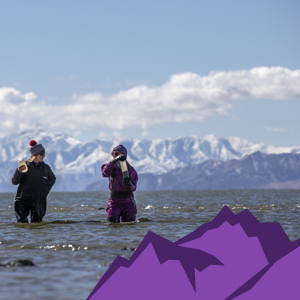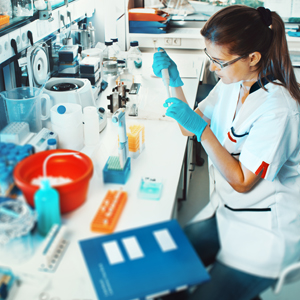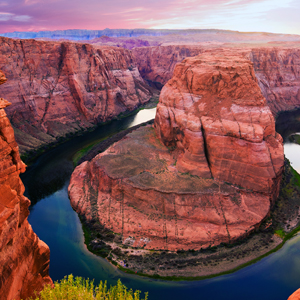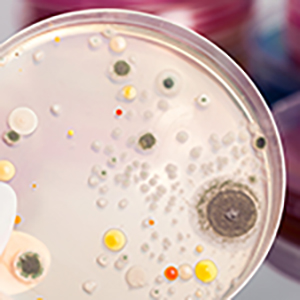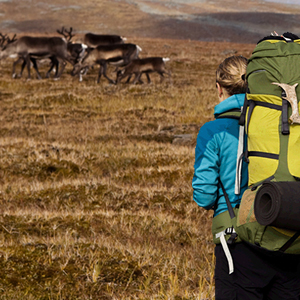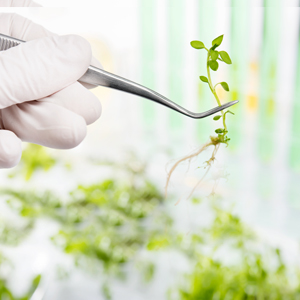Complete a program that includes multiple departments. An associates degree in biology will get you started on the right path while still giving you time to decide. Whereas a bachelor degree in environmental sciences explores the long-term viability of ecosystems, wildlife and human communities across our planet.
Departments
Explore degrees and programs within our seven different departments. They offer a combined total of 71 degree-seeking paths that lead to high-demand careers. As a scientist, you can impact the world we live in and make a real difference. Scroll down to hear from faculty in each department share what you can expect to experience by majoring in their department.
Chemistry and Biochemistry
Chemists study the composition, structure, and properties of substances found everywhere. They learn how elements combine to form compounds and the transformation of matter to help solve problems.
Earth and Environmental Sci
Earth and environmental scientists study Earth's dynamic processes and history. They address issues related to energy & water resources, natural disasters, & environmental protection; the keys to achieving sustainability in the 21st century.
Mathematics
Mathematicians study the language of algebra, geometry, calculus, statistics, and data science. They are able to make logical decisions ranging from retirement savings to information security, and global warming.
Microbiology
Microbiologists study microorganisms which often are most famous for their ability to cause disease. However, they are also vital to agriculture, industry, and ecology. Life on Earth would not survive without microorganisms.
Physics and Astronomy
Physicists study matter, energy and the interactions between them. They build better airplanes & rockets, develop innovative healthcare technology, and explore new sources of energy, all of which impact real-world issues.
Zoology
Zoologist study the evolution, anatomy, physiology, behavior, habitats, and health of animals (including humans). Their research affects how we function and develops solutions for a stronger, healthier world.
Botany and Plant Ecology
Botanists study plants and through research, they save our planet. From tiny lichens to towering pines, plants work to clean our air, help us feed the world, allow us to build houses, and provide beauty in our lives.
College of Science Department "Lightning Talks"
Take a moment to hear from department faculty about what you can expect as a major in each department.
Start your journey and meet with a college academic advisor today!
Botany - 2:23 Chemistry - 7:11 Earth and Environmental Sciences - 12:13 Microbiology - 17:34 Physics - 21:37 Zoology - 26:26 Pre-Medical Program - 32:07
